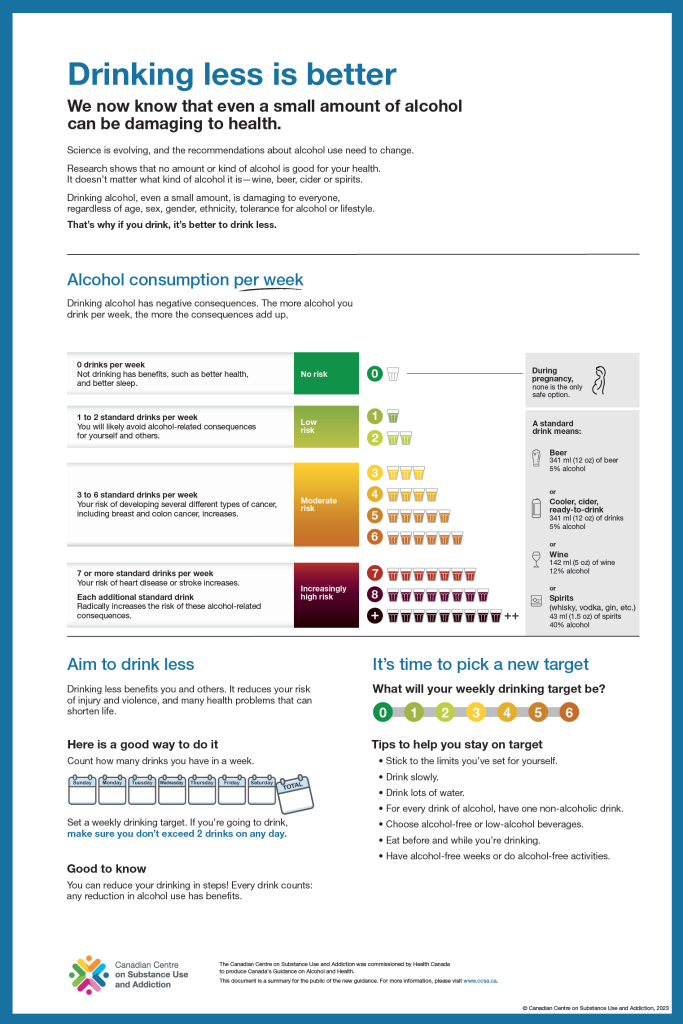Discover the surprising science behind alcohol tolerance and intoxication – you won’t believe what factors truly determine your booze limit!
Table of Contents
Have you ever wondered how many beers it takes to get drunk? It’s a question that may seem simple on the surface, but the science behind alcohol metabolism and individual tolerance levels is anything but straightforward. In this blog post, we’ll dive deep into the intricacies of alcohol consumption and explore the factors that influence how quickly we feel the effects of alcohol.
Alcohol Metabolism
When you consume alcohol, your body breaks it down through a process called alcohol metabolism. This process primarily takes place in the liver, where enzymes work to convert alcohol into substances that can be easily eliminated from the body. The rate at which alcohol is metabolized can vary depending on factors such as age, gender, and overall health.
One of the key enzymes involved in alcohol metabolism is alcohol dehydrogenase, which helps convert alcohol into acetaldehyde, a toxic substance that is further metabolized into acetate by another enzyme called aldehyde dehydrogenase. The efficiency of these enzymes can vary from person to person, affecting how quickly alcohol is eliminated from the body.
Individual Tolerance Levels
Individual tolerance levels play a significant role in determining how many drinks it takes for someone to feel intoxicated. Tolerance can be influenced by a variety of factors, including weight, gender, genetics, and overall drinking habits. Those who regularly consume alcohol may develop a higher tolerance over time, requiring more drinks to achieve the same level of intoxication.
It’s important to note that tolerance does not equate to immunity to the effects of alcohol. Even individuals with high tolerance levels can still experience negative consequences from excessive drinking, such as impaired judgment and coordination.
Influencing Factors on Intoxication
While the number of beers required to feel drunk can vary from person to person, certain factors can affect how quickly someone becomes intoxicated. For example, consuming alcohol on an empty stomach can lead to faster absorption and a more rapid onset of intoxication. On the other hand, eating a full meal before drinking can help slow down the absorption of alcohol.

Image courtesy of www.alcoholresearchforum.org via Google Images
Other factors, such as hydration levels, mental state, and overall health, can also influence how alcohol affects the body. Dehydration, fatigue, and stress can all exacerbate the effects of alcohol, leading to a quicker onset of intoxication.
Conclusion
Understanding the science behind alcohol tolerance and intoxication can help individuals make informed decisions about their drinking habits. By being mindful of factors such as metabolism rate, tolerance levels, and influencing variables, we can better gauge our own limits when it comes to alcohol consumption.
It’s essential to remember that responsible drinking is key to avoiding negative consequences associated with alcohol intoxication. If you ever feel unsure about how alcohol may be affecting you, don’t hesitate to reach out for help and support. By staying informed and aware of our own limits, we can enjoy alcohol in a safe and controlled manner.
FAQs
How does alcohol metabolism differ between individuals?
Alcohol metabolism varies based on factors such as age, gender, and health. Enzymes like alcohol dehydrogenase and aldehyde dehydrogenase play a role in breaking down alcohol, but their efficiency can differ from person to person.
Can tolerance to alcohol be built over time?
Yes, regular alcohol consumption can lead to increased tolerance. The more frequently someone drinks, the higher their tolerance may become, requiring more alcohol to feel the same effects of intoxication.
How do influencing factors like hydration and mental state affect alcohol intoxication?
Factors like dehydration, fatigue, and stress can exacerbate the effects of alcohol, leading to a quicker onset of intoxication. Keeping hydrated and maintaining a healthy mental state can help moderate the impact of alcohol on the body.
What are some tips for responsible drinking?
Some tips for responsible drinking include pacing yourself, eating before drinking, staying hydrated, and knowing your limits. It’s essential to be mindful of how alcohol affects you and to seek help if needed to ensure safe and responsible consumption.
Generated by Texta.ai Blog Automation


Leave a Reply